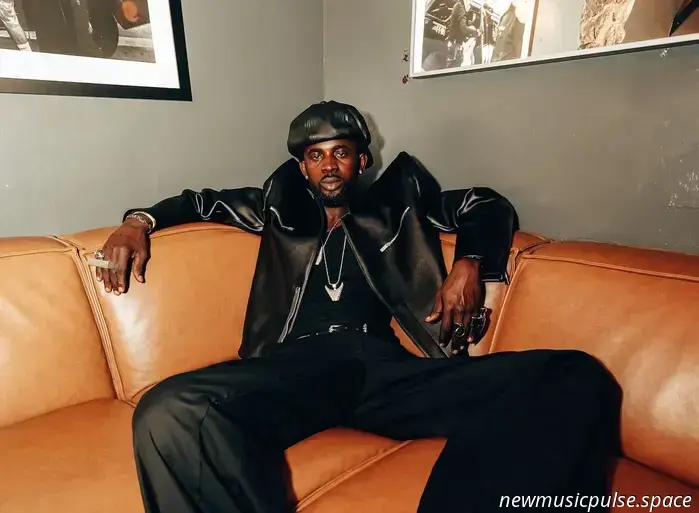
At 23, Black Sherif’s voice conveys the emotional weight of a lifetime of hardships, transformations, and victories. His swift rise to the top of Ghanaian music has been punctuated by remarkable moments, including the upbeat ‘Second Sermon Remix’ featuring Burna Boy, which brought him widespread attention, and the viral sensation ‘Kwaku the Traveller’, dominating social media worldwide. However, as life often dictates, there have been challenges along the way, from acclimating to fame to coping with betrayal and mental struggles.
His experiences navigating these highs and lows are central to his new release, ‘Iron Boy’, which reflects the strength Black Sherif has cultivated throughout his journey. Seamlessly blending various sounds that he refers to as a “sonic salad”, Blacko adeptly navigates genres from afropop to trap, consistently expressing his emotions in a way that feels both authentic and heartfelt.
The album consists of 15 tracks, featuring uplifting anthems like the opening track ‘Victory Song’ alongside reflective pieces such as ‘Soma Obi’, where Black Sherif reveals the emotional openness that has resonated with fans. Each track is underscored by a sense of self-awareness, as Blacko recognizes that regardless of how high he soars or how low he descends, he remains “just another guy”.
Clash spoke with Black Sherif to delve into the story behind ‘Iron Boy’, his background, and his aspirations for this new chapter.
—
—
Can you share about your childhood in Konongo and how it shaped you as an individual and artist?
For the first ten years of my life, I lived with my mother, and I was always close to her. She's a seamstress, and her stall was quite a distance from our home and school, so when I returned from school, I would often be alone. I would leave an extra shirt on the veranda and change when she came home for Isha (prayer time). In March of the year I turned 10, she moved to Athens to be with my dad, leaving me with my aunt. I was frustrated because she didn’t inform me about her move; I woke up one day to find her gone. Seeking attention, I began acting out, leading to a chaotic period in my life.
I was fortunate to have a dad abroad who would send me laptops and help me get internet access, which allowed me to explore various interests. By Year 11, I was riding BMXs, joining football clubs—anything to stay out of the house. Even as a young child, I had a passion for dancing. In junior high school, things escalated; I started stealing clothes and money to feed my obsession with fashion and the desire to feel like the center of attention. After my mom spent two years abroad, she would send us second-hand items to sell, providing me with plenty of clothes. This was when my interest in entertainment flourished. I could dance, ride bikes, and play football for the school team, rotating through my varied passions. In my first year of high school, dancing was the trend in Kumasi, and I quickly became famous for teaching others how to dance and skate.
—
—
How did you start making music?
I became interested in making music during my second year of high school. At 15, I wrote a song that inspired me to continue writing and improving my craft.
My early fame made school feel monotonous, so I stopped attending classes, often walking 40 minutes to the university to freestyle with older students. It was during my final year of high school that I entered a studio for the first time, though I had already been writing music. People didn't resonate with my song, but I felt no shame; having my voice recorded was fulfilling enough. I couldn't wait to finish high school. I graduated on June 4, 2019, and began writing more music. I had plans to move to Accra but wasn't sure how to persuade my parents. I fabricated a story, claiming I had been accepted into university, a lie that allowed me to freestyle in Tema. I would take money from my parents to support myself, realizing I was hustling my way into the music scene. This was like a gap year for me, and after a year, I enrolled in two schools but dropped out of both. I initially attended UPSA to study marketing while recording projects like ‘First Sermon.’ After ‘Second Sermon,’ I attempted to switch to psychology but dropped out two months later to make time for music.
My musical influences aren't easily traceable; I tend to focus on specific elements of songs, like a guitar, rather than entire tracks. I enjoy alternative hip-hop both from artists like Saint Jhn and Daft Punk and reggae.
You express a lot of emotional vulnerability in your music, which can be uncommon for men in African contexts. Where does this bravery to be open come from?
I consider that to be my



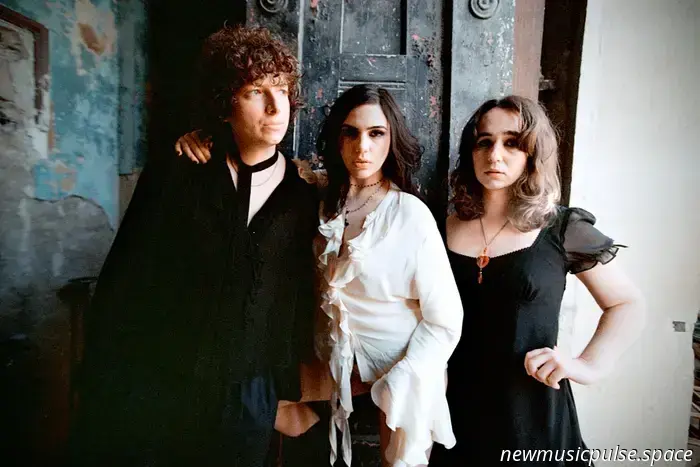
Nach dem dritten Album 'Headful Of Sugar' befand sich das New Yorker Trio Sunflower Bean im Driften. Aber dank der Trennung und der veränderten Perspektiven sind sie mit 'Mortal Primetime' zurückgekehrt - einem Album voller neu entdeckter Trotz.
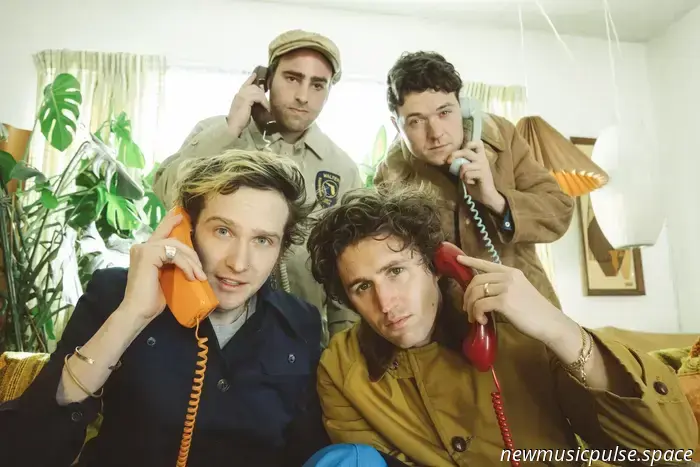
Auch wenn es kein einfacher Weg war, haben die Walters aus Chicago auf ihrer Debüt-LP 'Good Company' wieder zueinander gefunden, eine Platte voller Liebe füreinander und eine Erinnerung an die Erfahrungen, die sie auf ihrem Weg gemacht haben.
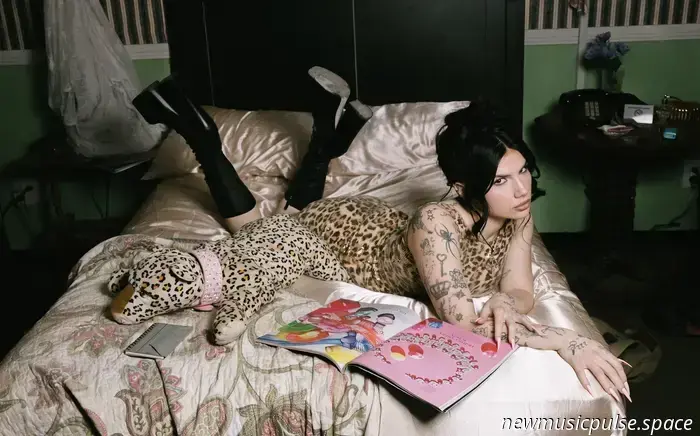
Frisch von der Veröffentlichung ihres Debütalbums erobert Bailey Spinn die Welt im Sturm. Vom Geschichtenerzählen bis hin zu persönlichen Beziehungen ist 'loser' ihre bisher persönlichste Geschichte. Während Spinn sich auf ihre bevorstehende Tour vorbereitet, setzte sie sich mit Atwood zusammen, um ihre Mischung aus Genres, Sound und Geschichte zu besprechen.
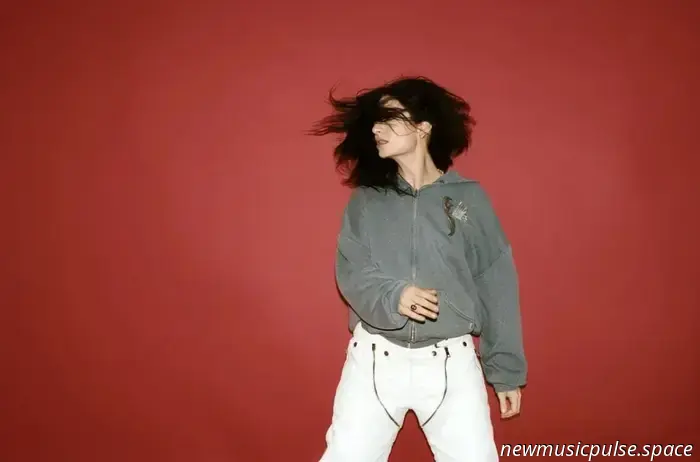
Lorde wird diesen Sommer ihr neues Album 'Virgin' veröffentlichen. Das dritte Album des neuseeländischen Stars 'Solar Power' landete vor vier Jahren, ein Projekt, das es ermöglichte

Mit 23 Jahren trägt Black Sherifs Gesang die emotionale Resonanz eines Lebens voller Herausforderungen, Veränderungen und Triumphe. Nachdem ich eine schnelle Erfahrung gemacht habe

Sängerin und Gesangstrainerin Cooper Phillip spricht mit dem Atwood Magazine über ihre außergewöhnliche musikalische Reise, wie die biophonische Atemkorrekturmethode ihr geholfen hat, ihre Stimme zurückzugewinnen, und wie sie jetzt Tausenden hilft, dasselbe zu tun, indem sie Sänger weltweit durch ganzheitliches, körperbasiertes Gesangscoaching stärkt.
At 23 years of age, Black Sherif's voice embodies the emotional depth of a lifetime filled with hardships, transformations, and victories. Having gone through a swift